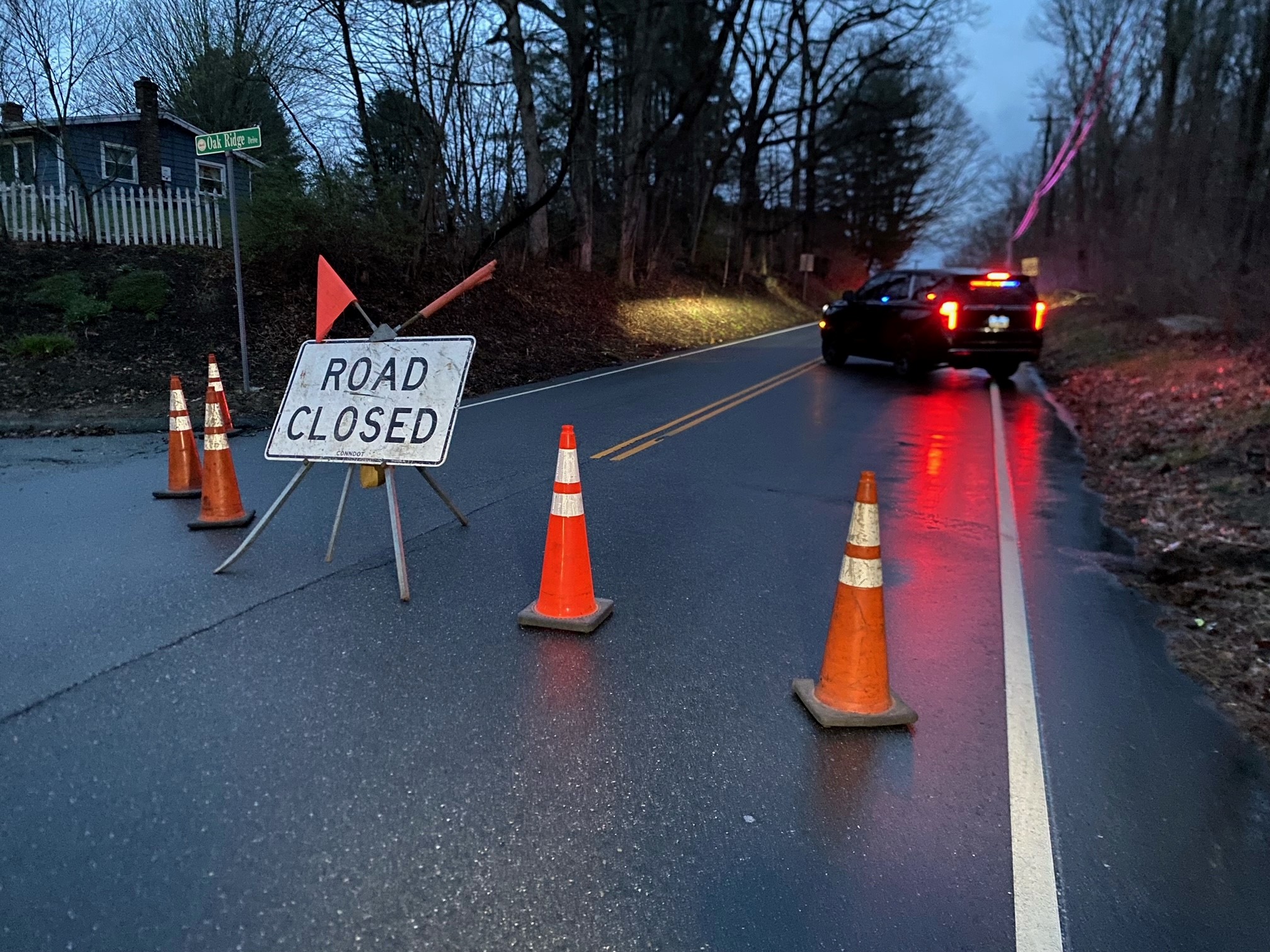The first special session of the year at the State Capitol didn’t go as planned.
Lawmakers had hoped to override a veto from Gov. Ned Lamont on the restaurant wage bill. However, Senate Democrats put the brakes on those plans despite House leaders on both sides of the aisle saying they had the votes to make it happen Monday
That vote was scrapped and leaders from all four caucuses met instead to negotiate a new bill.
“There will not be a veto override on that bill,” said Senate President Pro-Tem Martin Looney (D).
At issue is whether service employees, like servers and bartenders, should continue to be paid under the minimum wage when they’re performing other duties during their shift.
“If you go back and change out a ketchup, if you go back and cut a lemon for your table, if you get back and fill salt and pepper shakers,” said Scott Dolch, Connecticut Restaurant association executive director, of what those outside duties might entail.
Restaurant owners had been following Connecticut Department of Labor guidelines which stated that as long as a worker who receives tips did that extra work 20 percent or less of the time, they could continue to be paid their regular wage, which is a minimum of $6.38 an hour for servers and $8.23 for bartenders.
Local
Upwards of a dozen Connecticut restaurants have been sued by their employees who claim they should have been paid the state minimum wage of $10.10 an hour because they weren’t receiving tips at that time. Employers are required to pay the difference to tip-earning employees who do not earn enough tips to meet the state minimum wage of $10.10 an hour. However, Dolch said servers in this state make an average of $26 to $29 an hour after tips.
“We’ve all been following one set of rules outlined by the Department of Labor here in Connecticut, the federal government has another set of rules, and now some judge and lawyer came up with a new set of rules, so really no one knows how to operate or what to operate under,” explained Rep. David Rutigliano (R) Trumbull who also owns several restaurants.
“We’re worried about losing restaurants, we’re worried about losing businesses,” Dolch added.
The businesses being sued are facing major losses because of a 2015 law that doubled punitive damages for such cases.
“It was an unintended consequence so we need to correct it,” said Speaker of the House Joe Aresimowicz (D).
“They only follow the law and now they have the ability to be sued for millions of dollars for it. It’s not fair,” added House Minority Leader Themis Klarides (R).
The bill that passed during this year’s session sought to catch Connecticut law up to the guidelines the restaurants had been following from the labor department. It passed both chambers nearly unanimously. Looney and Aresimowicz called off a scheduled bipartisan vote to override the Governor’s veto of the bill after concern about pending litigation.
“It was retroactivity. It really changes the rules and if these workers are actually seeking redress through the court system it pulls the rug out from underneath them,” Aresimowicz explained.
Lawmakers said they plan to find common ground over the next few weeks to come up with a bill that will get bipartisan approval and the governor’s signature.
The new bill would protect the workers who have already filed suit, but also protect restaurants from future liability, Aresimowicz said.
“It’s being pro-worker and pro-business at the same time,” he stated.
“I don’t know if we could get rid of it retroactively but we can get rid of the damages and the damages are significant,” said Sen. Len Fasano (R).
The House speaker said the parties will spend the week working on the language of the new bill and then hold a public hearing, before taking a vote within the next several weeks. Fasano said he doesn’t expect that vote to happen until September.



